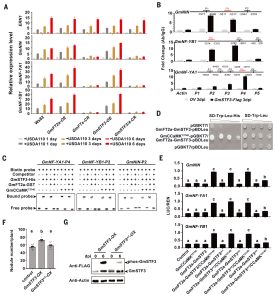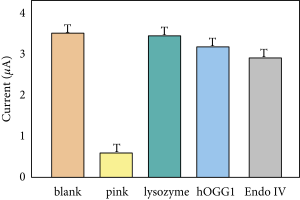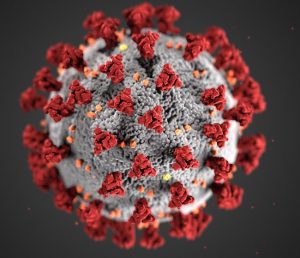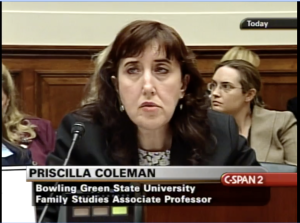A paper that led to hopes that Microsoft might one day build a quantum computer has “shortcomings” that do not rise to the level of misconduct, according to an expert panel convened by the University of Copenhagen.
The paper, originally published in March 2020 in Science, earned an expression of concern in 2021 following critiques of the work from two researchers, Sergey Frolov and Vincent Mourik. This week, Science editor in chief Holden Thorp replaced the expression of concern with an editor’s note referring to a new report from a panel of experts at the University of Copenhagen, saying “we are alerting readers to this report while we await a formal decision on the matter from the Danish Committee on Research Misconduct.”
The panel’s report, dated Feb. 15, 2024, describes several of what it calls “shortcomings” but says “the excluded data did not undermine the paper’s main conclusions.” They also conclude the authors did not engage in “gross negligence” or scientific misconduct.
The last author of the Science paper, Charles Marcus, of the University of Washington, in Seattle, and the University of Copenhagen’s Niels Bohr Institute, told Retraction Watch he and his colleagues followed the recommendations by posting:
Continue reading Science ‘Majorana’ particle paper earns another editor’s note as expert committee finds no misconduct







